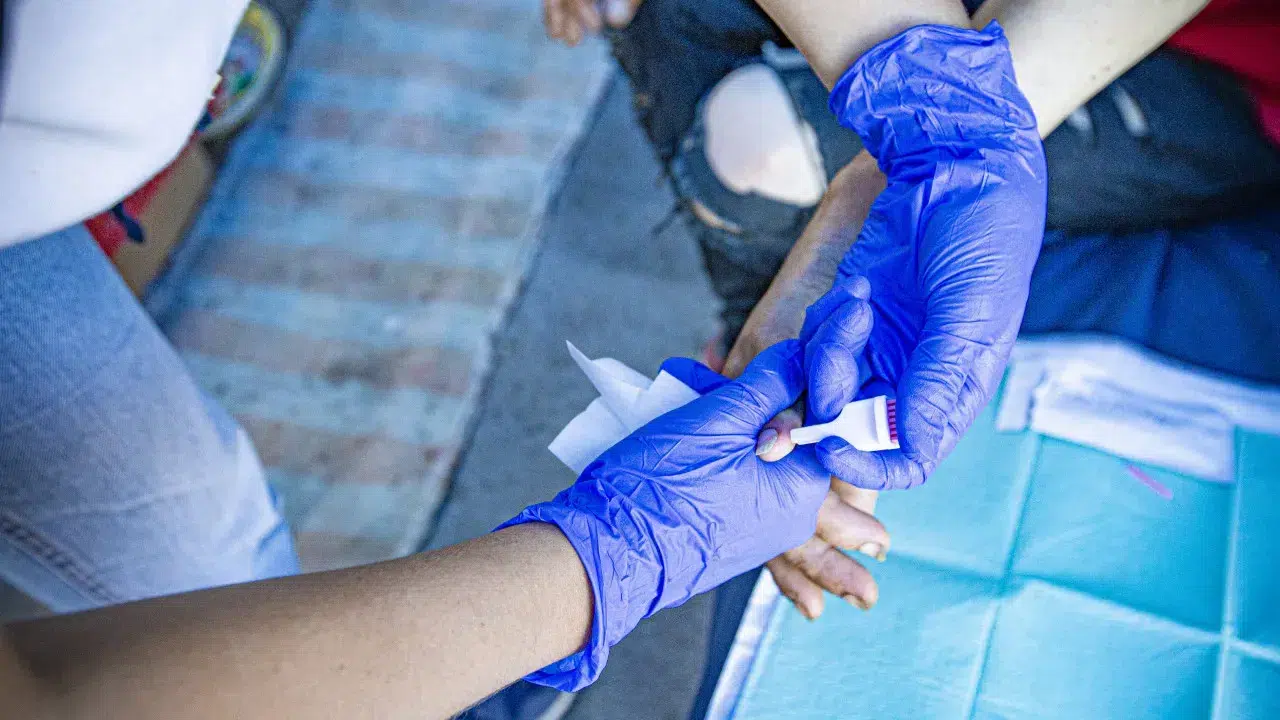
The Directorate-General for Health (DGS) issued a warning today regarding an increase in hepatitis A virus transmission in the country, citing 504 reported infection cases between January 1 and May 31.
This situation indicates a rise in hepatitis A virus transmission in Portugal, aligning with trends highlighted by the European Centre for Disease Prevention and Control (ECDC) concerning active outbreaks in various European countries, the DGS stated in a release.
Out of the confirmed acute infection cases of the liver, 122 are linked to sexual contact transmission, spread across several regions of the country, with higher incidences in Lisbon and Tagus Valley and the Porto Metropolitan Area, predominantly among men aged 18 to 44.
Furthermore, the DGS reported the identification of a second outbreak in the Algarve, Alentejo, and Lisbon and Tagus Valley areas, linked to poor sanitary conditions, affecting mainly children.
According to the general directorate, hepatitis A often presents without symptoms or mildly in children under five but can occur abruptly in adults with symptoms like fever, malaise, and abdominal pain, with jaundice – the yellowing of the skin and eyes – being the most characteristic sign.
No chronic form of the disease exists, and the infection provides lifelong immunity, the DGS highlighted, ensuring that national and subnational health authorities are continuously monitoring the situation and implementing appropriate public health measures to curb the infection’s spread.
The measures highlighted by the DGS include contact tracing and follow-up, pre-exposure vaccination for at-risk groups, and health education initiatives.
The DGS pointed out that pre-exposure vaccination against the virus is the primary prevention method, particularly recommended for individuals living in or traveling to endemic or active outbreak areas, those with sexual practices associated with higher infection risks, and individuals with chronic diseases or conditions that could aggravate the clinical course of hepatitis A infection.
The vaccination guideline for hepatitis A is under review to facilitate free access for the most vulnerable populations.
Vaccination is also available post-exposure, targeting close contacts of confirmed cases, in line with current national guidelines and eligibility criteria, to prevent secondary cases.
In collaboration with civil society organizations and sexual health services, the DGS has been developing information and awareness campaigns disseminated through its digital platforms and mobile dating applications.




